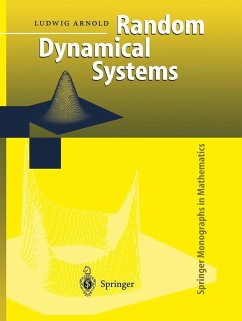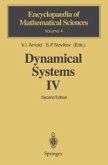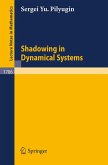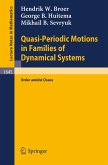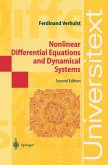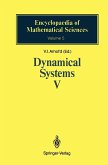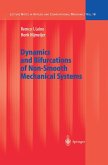This book is the first systematic presentation of the theory of random dynamical systems, i.e. of dynamical systems under the influence of some kind of randomness. The theory comprises products of random mappings as well as random and stochastic differential equations. The author's approach is based on Oseledets'multiplicative ergodic theorem for linear random systems, for which a detailed proof is presented. This theorem provides us with a random substitute of linear algebra and hence can serve as the basis of a local theory of nonlinear random systems. In particular, global and local random invariant manifolds are constructed and their regularity is proved. Techniques for simplifying a system by random continuous or smooth coordinate tranformations are developed (random Hartman-Grobman theorem, random normal forms). Qualitative changes in families of random systems (random bifurcation theory) are also studied. A dynamical approach is proposed which is based on sign changes of Lyapunov exponents and which extends the traditional phenomenological approach based on the Fokker-Planck equation. Numerous instructive examples are treated analytically or numerically. The main intention is, however, to present a reliable and rather complete source of reference which lays the foundations for future works and applications.
Dieser Download kann aus rechtlichen Gründen nur mit Rechnungsadresse in A, B, BG, CY, CZ, D, DK, EW, E, FIN, F, GR, HR, H, IRL, I, LT, L, LR, M, NL, PL, P, R, S, SLO, SK ausgeliefert werden.

